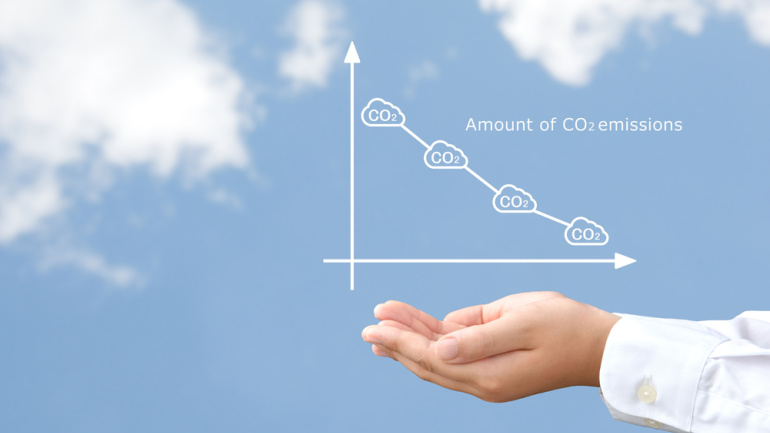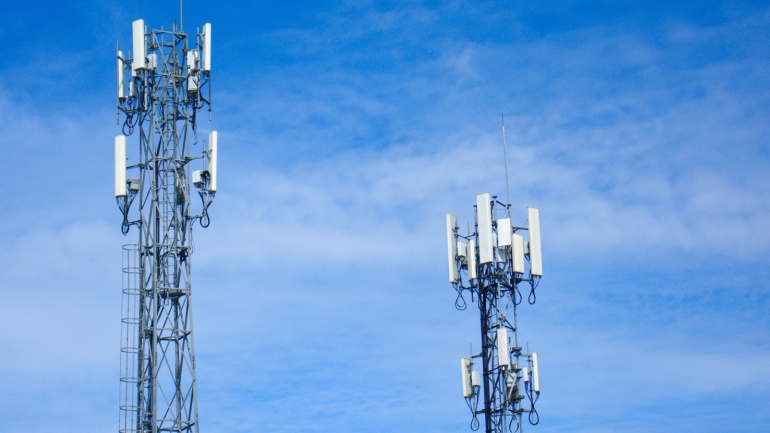In an endeavour to improve transparency in carbon emissions reporting for business customers, UK telecommunications group BT has allied with software titan SAP. Their aim is to initiate a pilot of SAP’s Sustainability Data Exchange (SDX), a new system designed to gather, trace and share data on indirect emissions also known as Scope 3 emissions.
Scope 3 emissions, a category encompassing emissions produced throughout the entire supply chain, is traditionally more complex to track compared to direct emissions (Scope 1) and energy usage emissions (Scope 2). Collecting comprehensive, accurate data can pose a significant challenge, given the large number of separate entities involved with different methods of assembling and disseminating information.
By harnessing carbon data interoperability standards proposed by the Partnership for Carbon Transparency (PACT), SDX seeks to offer a unified portal for securely recording and monitoring supply chain emissions data. This new approach could significantly simplify the assembly and sharing of precise Scope 3 information, given adequate adoption of previously mentioned standards.
This greater transparency is crucial as the world navigates a shifting landscape in public trust. Indeed, the ‘Age of Cynicism’ was declared by Havas in 2021, referring to a climate of dwindling trust in brands.
Transparency is not just a moral requirement but also a commercial necessity, especially regarding sustainability reporting. Furthermore, as every news broadcast brings climate change back into focus, companies claiming sustainability practices without substantial data to support these declarations risk accusations of environmental misrepresentation.
The calls for transparency have been boosted by several recent reports, suggesting that carbon offsets, a tool employed by many businesses to enhance their green image, might be null and void in real terms. IDC, a research group, anticipates that by 2024, purpose-built ESG data management and reporting software will be implemented in 75% of large enterprises.
Amy Cravens, research manager at IDC, highlighted the potential benefits of improved emissions tracking for businesses, saying, “Understanding the organisation’s current carbon footprint and leveraging analytics tools will enable organisations to improve processes in favour of reduced carbon consumption, a process which can have positive financial effects for the organisation.”
BT‘s pilot of SDX represents a progressive step forward. Customers who procure BT services via the SAP Business Network will have a clear view of BT’s carbon footprint and the products it provides. If successful, the introduction of this process could standardise sustainability reporting across global value chains and help to confront the challenges of Scope 3 emissions.
Sarwar Khan, global head of digital sustainability at BT, stated, “Tracking, measuring and acting on these and bringing more suppliers and partners on the journey will not just accelerate net-zero targets, but set a new precedent for sustainability reporting.”
Supporting this sentiment, Ryan Poggi, managing director of SAP UKI, said, “Our partnership with BT gives us an opportunity to refresh the guidelines and offers a blueprint for a universal standard in sustainability reporting.” This partnership underlines the necessity and viability of a more open way for organizations to jointly tackle global challenges.







